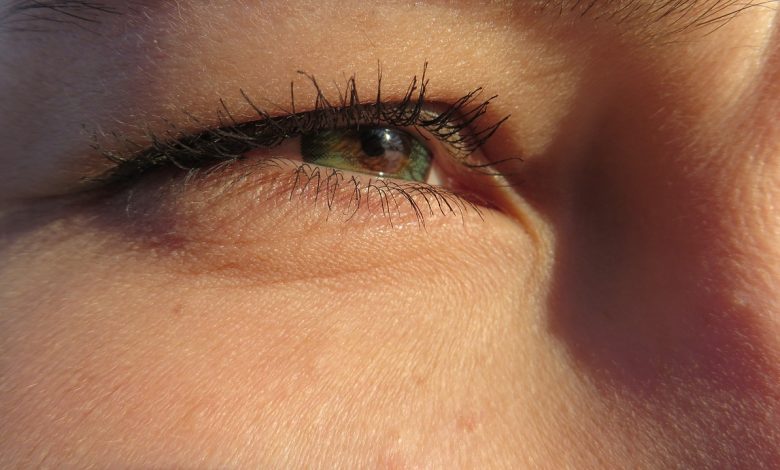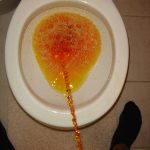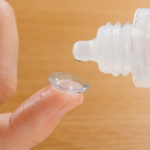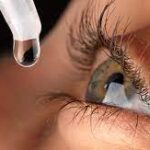Are There Eye Drops That Change Eye Color?

The idea of changing eye color with the use of eye drops has captured the imagination of many individuals seeking a non-invasive way to alter their appearance. While the concept might sound intriguing, it’s crucial to separate fact from fiction and understand the science behind such claims. In this article, we’ll explore the reality of eye drops that purport to change eye color.
The Basics of Eye Color
Eye color is primarily determined by the amount and distribution of melanin in the iris, the colored part of the eye. The two main types of melanin involved in eye color are eumelanin, which is brown or black, and pheomelanin, which is red or yellow. The combination and concentration of these pigments contribute to the wide range of eye colors observed in humans.
The Science Behind Eye Drops and Eye Color Change
There are no scientifically proven eye drops that could permanently or significantly change the natural color of the eyes. The color of the iris is determined by genetic factors, and once the iris has developed, it is challenging to alter its color without resorting to more invasive procedures, such as surgery.
Claims of eye drops capable of changing eye color often revolve around the idea of melanin reduction or interference. However, it’s important to approach such assertions with skepticism, as altering melanin levels in the iris without causing harm to the eye is a complex and delicate task that goes beyond the scope of current scientific understanding and technology.
Potential Risks and Side Effects
In the absence of scientifically proven eye color-changing eye drops, individuals should exercise caution when considering any product making such claims. Unregulated or untested substances applied to the eyes can pose serious risks, including irritation, allergic reactions, and damage to the delicate structures of the eye.
Moreover, the U.S. Food and Drug Administration (FDA) and other regulatory agencies worldwide have stringent requirements for the approval of medications and medical devices, and any product claiming to change eye color should be thoroughly vetted and approved by these authorities.
Conclusion
While the idea of changing eye color with the convenience of eye drops is appealing, it’s important to rely on scientifically validated methods. As of today, there are no proven eye drops capable of changing eye color safely and permanently. Individuals interested in altering their eye color are encouraged to explore cosmetic contact lenses, which offer a non-permanent and reversible option under proper guidance and regulation.
It’s crucial to prioritize eye health and safety, consulting with eye care professionals and avoiding untested or unregulated products. As the field of science and medicine continues to advance, new developments may emerge, but until then, skepticism and informed decision-making should guide choices related to eye color changes.





